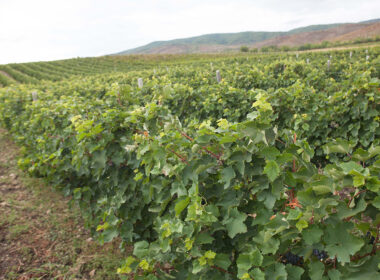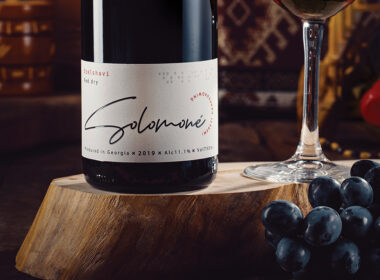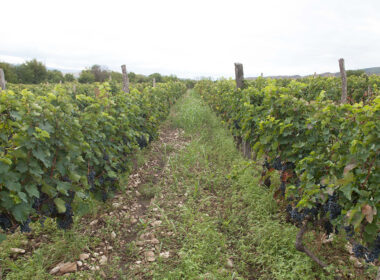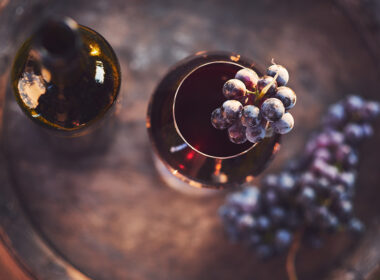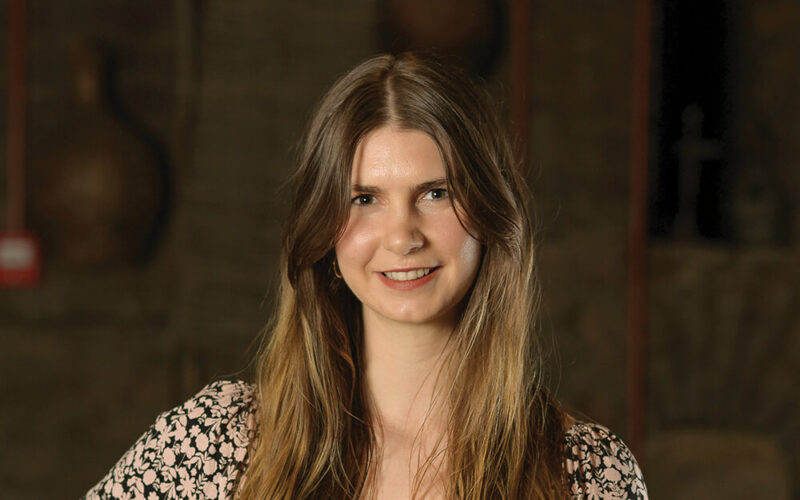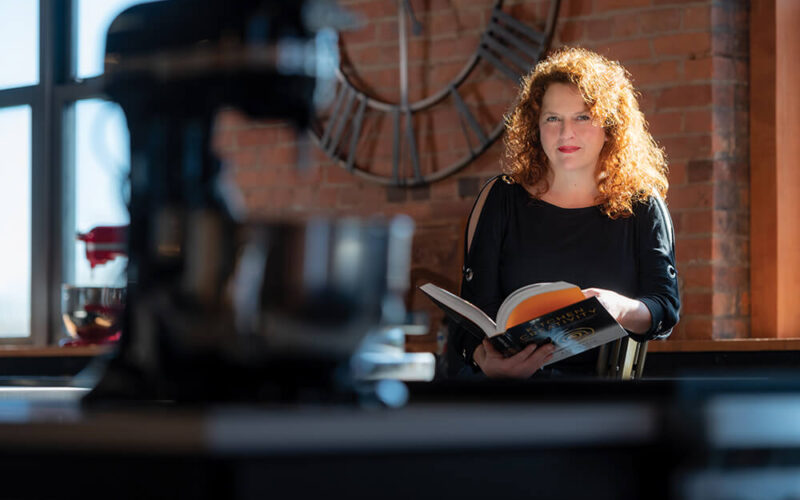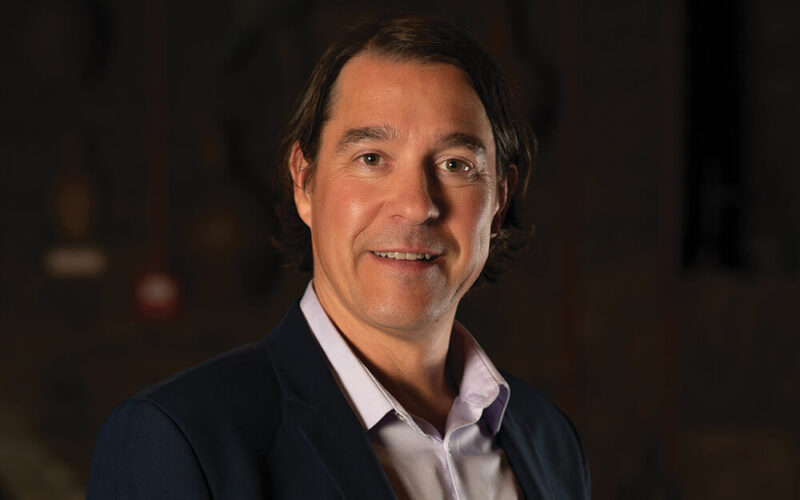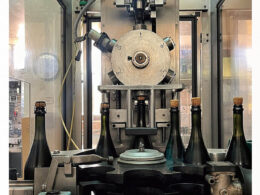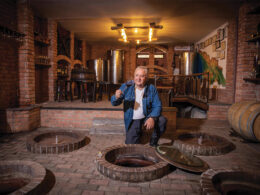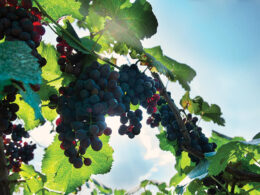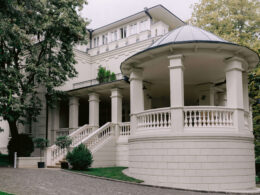In the Finger Lakes region of New York, the Saperavi Festival successfully returned for its second edition this year. This festival serves as a platform to promote Saperavi, other Georgian varieties, Georgian gastronomy, and culture not only within the region but also across the entire state of New York and the USA. Over the past 60 years, Saperavi has thrived in the Finger Lakes and has established itself as a traditional grape variety with great potential to become the region’s leading red wine grape. Its rising popularity in the region paves the way for its future success throughout America. The annual Saperavi festival, organized by Saperica and its founders, Lasha Tsatava and Erica Frey, aims to achieve this goal.
Lasha, Erika, and other like-minded individuals, established the festival last year. In the same year, they devised a comprehensive plan encompassing educational seminars, events, and exchange programs between the Finger Lakes and Georgia, catering to wine and gastronomy enthusiasts as well as professionals within the industry. The program was launched this year in April, a month and a half prior to the second Saperavi Festival. As part of the program, American winemakers, restaurateurs, sommeliers, and marketers had the opportunity to visit Georgia.
Theresa Kelley | Creative Director and Herman J Wiemer and Standing Stone Vineyards, WSET3. Theresa helped to create and conceptualize the “Teinturier” line of Saperavi wines (sparkling, rosé, still, and port-style) and more recently has begun building the “Teinturier Club” which will be a subscription-based club that centers around all things Saperavi: I was immediately struck by the pride, care, and commitment displayed by the Georgian people to every aspect of wine, food, and hospitality. It was clear straight away that both Saperavi and Rkatsiteli bring an immediate delight to those presenting the wines made from these hallmark varieties, whether they are the winemaker, sommelier, or really any Georgian pouring wine in your glass! These wines are a reflection of their culture and it is very special to share in that.
I endeavoured to have my eyes, ears, mind, and palate open and ready to learn and absorb as much as possible when it came to winemaking and styles, as well as cuisine and hospitality. Luckily, our teachers were eager to impart this knowledge with enthusiasm and kindness! I think that we can all stand to learn from and take away aspects from a culinary and wine culture that is so robust and vibrant. The concept of Stumari and the gift from God that is your guest really struck me as a beautiful way to view hospitality and generosity when it comes to our patrons in the tasting room. I have also never tried so many amber wines in my life! This was a fascinating style of wine and one that I am excited to explore with extended maceration and structure.
I was particularly impressed by wines made with the variety Khikhvi. With both European and qvevri skin contact styles, I found that the varietal character was able to shine through and was impressed by the fruit character and finesse. The qvevri style wines showed a complexity and delicateness that was very intriguing to me.
Q: Within the frameworks of an exchange program, what is more likely to be of interest to you? a representative of a famous winery/winemaker visiting the Finger Lakes, or are you more likely to favour a young winemaker?
A: This is an interesting question and I think the answer is perhaps both! Perspectives from diverse voices (I would also be interested to hear from female winemakers and producers) help to paint a picture of where the industry is and where it can go. In many ways, the unified message that we heard from so many of the producers and tastemakers was clear: Georgian wine is eager and ready to hit the world stage. It is grounded in a revered tradition marked by adversity but has never lost its uniqueness. I feel very strongly that the world needs to know about these wines!

